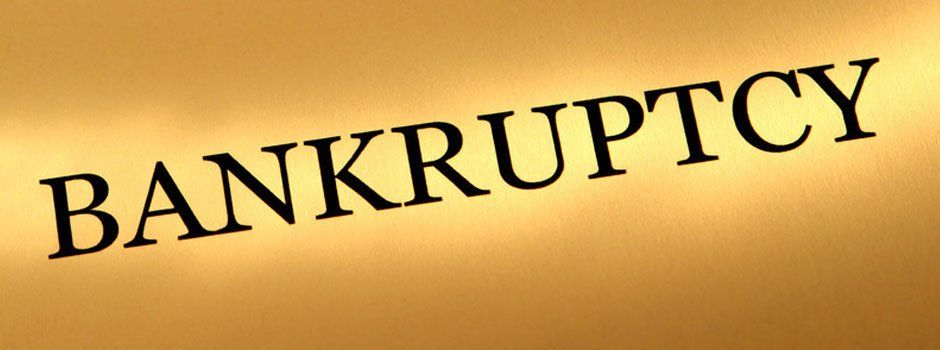
Stop creditors from calling
Bankruptcy helps you get a fresh start
The purpose of bankruptcy is to remove personal liability for certain debts. This is called a "discharge" of debt, and it simply means that the creditor can no longer seek to hold a person personally liable on a debt, such as credit report them, sue them, garnish wages execute on personal property or bank accounts, or take any other means to collect from that individual on the debt.
Bankruptcy is an extremely powerful tool which has two main principles: "breathing room", and "fresh start".
Stop foreclosure, judgments, and garnishments
When a bankruptcy is filed there is an injunction in place immediately, called the "automatic stay", which forbids all creditors from taking any act, or continuing to take any act, to enforce a payment of debt. This powerful injunction is the embodiment of "breathing room" for the individual seeking bankruptcy.
The discharge of the individual's debts are the "fresh start".
Under current Federal bankruptcy law, an individual may only receive a Chapter 7 discharge after 8 years from a previous discharge.
Not all debts are dischargeable. Priority debts include taxes owed to the government, guaranteed student loans, child support, and fines for DWIs or criminal convictions, for example. Priority debts are not dischargeable.
Secured debts are those for which there is collateral pledged against the debt. The classic examples would be if a person is buying a house or a car. If they do not pay for the house or car, the lender is entitled to assert their security interest in the item, and foreclose or repossess and sell at auction with the buyer responsible for any amount more owed on the item above and beyond what it brought at sale.
Minimize what you pay
Bankruptcy does not change a secured debt. The secured party is always is entitled to their security or their money. When someone files bankruptcy with secured debts, they must do one of three things: "surrender" walk away from the secured item (and any further liability thereon is discharged as an unsecured debt), "redeem", which is pay the item off in full (or sometimes at a reduced rate), or "reaffirm" which is signing an agreement with the creditor that the regular payment will be made at the same time each month, that the entire debt will be paid (including the amount more owed on the item than it is worth).
Unsecured debts are credit cards, medical bills, open accounts. Basically any liability for anything that is not a priority debt or a secured debt is an unsecured debt.
Unsecured debts are discharged by bankruptcy.
The bankruptcy law was changed drastically in October, 2005, and some of the financial analysis regarding eligibility to file Chapter 7 bankruptcy was made more complex.

